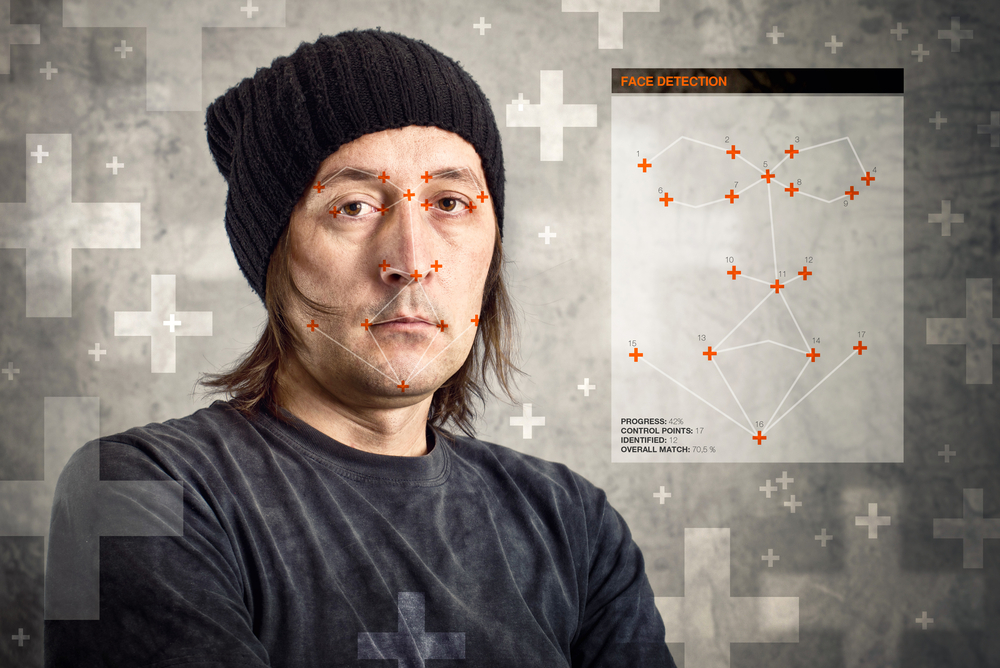Robert Montenegro
Ideafeed Editor
Robert Montenegro is a writer and dramaturg who regularly contributes to Big Think and Crooked Scoreboard. He lives in Washington DC and is a graduate of Loyola Marymount University in Los Angeles.
Twitter: @Monteneggroll. Website: robertmontenegro.com.
Just like food trucks before them, American vending machines are in the midst of a re-evolution. New machines are becoming increasingly more upscale and feature nontraditional wares such as caviar, cupcakes, and burritos.
Daimler demonstrated the potential of the Mercedes-Benz Future Truck 2025 by driving it — or rather, not driving it — on the Autobahn.
Some say voting via the internet is the future of democracy. But Norwegians’ fears relating to security and anonymity have caused the government to end its e-voting experiment.
BIC, more famous for making ballpoint pens than computer fonts, is developing a “universal typeface” created by averaging the penmanship of hundreds of thousands of people worldwide.
Face it: even though new technologies can be exciting and fun, they’re also major causes of stress. Tech developers are setting a goal to de-stress our devices.
Researchers at two universities are confirming what many of us probably already believed about stress — it’s highly, highly contagious.
Dry conditions continue to plague the Golden State as the statewide drought expands. Extreme drought conditions extend from the Oregon Border all throughout Central California and as far south as Orange County.
A group of North Korean architects were told to design futuristic buildings free of constraints. Their designs present a vision of a sci-fi DPRK.
Long used to identify criminals and missing children, facial recognition may soon be used by physicians to map a patient’s aging and estimate his/her lifespan. As you may imagine, insurance companies are following the developing technology very closely.
Researchers at George Washington University have identified a part of the brain that, when stimulated with an electric impulse, disrupts consciousness.
After six long years of crawling, the post-recession economy is finally picking up a runner’s pace. Here’s why you should feel confident about the now thriving recovery.
A new study from the Columbia Business School reveals that workers are more or less oblivious of how colleagues perceive their levels of assertiveness. The authors suggest strategies to help boost self-awareness in the office.
As Americans prepare to shoot off fireworks on the Fourth of July, let’s take a look at how other nations celebrate their holiday equivalents.
The author of a comprehensive book on the history of sunglasses explains.
Did you know 20% of startup ideas are thought up on vacation? Taking time off frees up your mind to focus on insight and creativity.
After displaying disappointment in the lack of diversity among its workforce, Google has launched a number of initiatives to help women and minorities become qualified for jobs in the tech sector.
A recent study published in Psychology of Women Quarterly reveals that most women are disgusted by the thought of female body hair or the thought of themselves not shaving. The stigma of female body hair no doubt stems from societal pressure, but perhaps there’s a scientific explanation as well.
Mars One, the Dutch non-profit that last year sent out a call for volunteers for a one-way mission to Mars, is now accepting proposals for science experiments to be sent in payloads to the red planet by 2018.
The New York Supreme Court struck a blow to the oil and gas industry today when it ruled that towns can use zoning ordinances to stop landowners from engaging in hydraulic fracturing, more colloquially known as fracking.
Allowing arts organizations to die so others can sprout in their place isn’t heartless or misguided, it’s just the circle of life. Devon Smith at Medium.com argues that the process of propping up failing organizations gets in the way of progress.
Gliese 832c, discovered by a team of Australian scientists, is among the top three most similar known planets to Earth.
The space agency is testing a new device with a familiar shape in hopes of one day sending a similar craft to Mars.
Washington Post columnist Dana Milbank says the legislators of the Baby Boom generation are to blame for the current state of dysfunction in Washington. Is that a fair assessment? If it is, what’s the solution?
Rising health costs and an aging workforce have encouraged employers to adopt or expand wellness programs aimed at boosting the health of employees.
Ramadan, the Islamic calendar’s month of fasting, begins Saturday evening. This presents a challenge to the many Muslim athletes competing worldwide, most notably in the World Cup.
A recent New York Times editorial detailed the rampant issue of child sexual abuse in China and the dire need for the government to better educate its population.
Engineering students at Olin College spent 3 months and a $250 budget to construct a face-tracking marshmallow shooter nicknamed the Confectionery Cannon.
Tomorrow, June 28, 2014, marks the 100-year anniversary of Archduke Franz Ferdinand’s assassination in Sarajevo, the monumental event that led to the outbreak of World War I. Ferdinand’s 19-year-old assassin, the Bosnian Serb Gavrilo Princip, is remembered today as both hero and villain.
The Myo armband, developed by Canadian company Thalmic Labs, allows wearers to control electronic devices with hand and arm gestures. The technology evokes sci-fi films such as Star Wars and Minority Report.
PopWed Co. in Washington DC offers couples an inexpensive pop-up wedding free from the stress of large event planning. The company’s two employees officiate and photograph the intimate, public ceremonies — sometimes to the chagrin of local security guards.





























